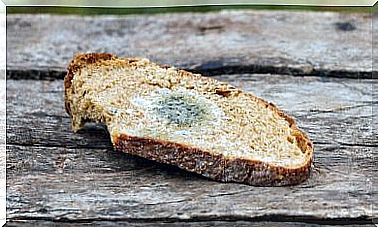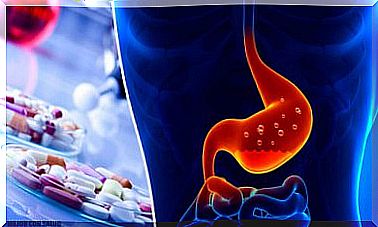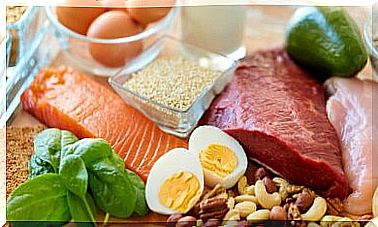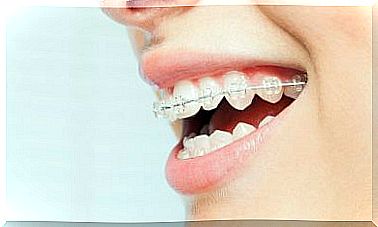How Do I Know If I Am Missing Minerals?
Do you think you are lacking minerals? In this article we tell you what are the essential minerals for our body and what are the symptoms of mineral deficiency, among other things.
Minerals are essential for our body and basic for our existence; both organs, tissues, muscles, cells and arteries need these essential components.
We must follow a balanced diet in vitamins and minerals. Most people get the minerals they need by eating a wide variety of foods. In some cases, your doctor may recommend a mineral supplement. People with some health problems or who are taking some medicines may need to consume less of one mineral. For example, people with chronic kidney disease have to limit their potassium intake.
The level of each mineral is therefore essential, since it directly influences our health in the form of diseases such as anemia, migraines, chronic fatigue, depression, osteoporosis.
Essential minerals
1. Magnesium
Magnesium is surely one of the most important minerals, especially for the heart. More than 300 enzymes in our body depend on its contribution to perform their functions, including:
- normalize our blood pressure
- keep our bones and teeth strong
- allow calcium absorption
- protect our arteries and body pH
Magnesium deficiency symptoms
Common symptoms include:
- Abnormal eye movements (nystagmus)
- Seizures
- Fatigue
- Muscle spasm or cramps
- Muscular weakness
- Numbness
Magnesium-rich foods
If you think that the lack of minerals is due to a magnesium deficiency, you can ingest:
- seeds and nuts
- yellow cornmeal
- rice
- wheat germ
- avocado
- coconut
- spinach
- goat milk
- grapes and apple
- honey
2.Potassium
Potassium is an essential mineral that allows us to maintain the water balance in the body. In addition, it helps us improve muscle contraction and relaxation, avoid acidosis and alkalosis in the body.
It is also basic for our hearts.
Potassium deficiency symptoms
- Muscular weakness.
- Muscle pains.
- Arrhythmias
- Diarrhea and vomiting
Potassium rich foods.
Potassium is found mainly in sea salts, but also to a lesser extent in bananas, walnuts, peanuts, pumpkins, coconuts, carrots, potatoes, mushrooms, melons, strawberries, tomatoes, oranges and soybeans.
3. Calcium
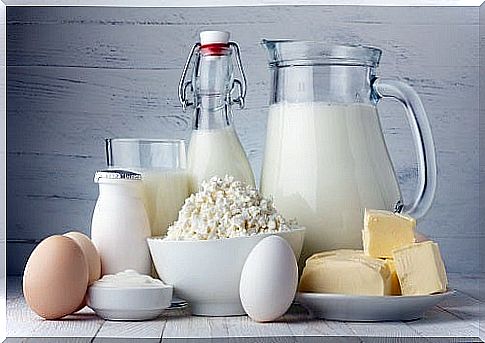
Calcium is a basic mineral for strengthening bones and teeth, regulates our heartbeat and helps us lower cholesterol. In addition to this, calcium has an enzyme called lipase responsible for breaking down fats.
Symptoms of calcium deficiency.
Some symptoms of calcium deficiency can be:
- Dry Skin.
- Brittle nails
- Thick hair.
Foods that contain calcium:
Among the foods that contain calcium we find:
- garbanzo beans
- Swiss chard and broccoli
- pistachios and walnuts
- milk and its derivatives
- prawns, prawns, octopus and mussels
- chocolate
4. Phosphorus
It is an essential mineral for the structure of bones and teeth. Those who drink a lot of sugary soft drinks during their life may suffer from an imbalance in this mineral. Over time, a lack of phosphorus can lead to osteopenia or osteoporosis.
Symptoms of hypophosphatenia (phosphorus deficiency):
- loss of appetite
- anemia
- respiratory insufficiency
- susceptibility to infections
- muscle pain and weakness
- Bone pain
- numbness of the limbs
- dificulty to walk
- neurological disorders (irritability, seizures, coma)
- cardiac abnormalities
Phosphorous-containing foods:
Among the foods that contain phosphorus we can count:
- meats
- egg yolks
- dairy products
- fish
- almonds
- rice bran
- Pumpkin seeds
- soy
- lentils
- carrots
5. Zinc
Basic for the elaboration of certain hormones essential for growth, and for the metabolism of carbohydrates and lipids, it also strengthens the immune system and is responsible for the body’s defenses.
Zinc deficiency symptoms
- Frequent infections
- Hair loss.
- Diarrhea.
- Loss of sense of smell.
- Short stature.
- Allergies and toxic accumulation.
- Lack of appetite.
- Hypogonadism in men.
Foods rich in Zinc
Let’s see together what to eat to combat zinc deficiency:
- Cereals
- Nuts
- Red meat …
6. Iron
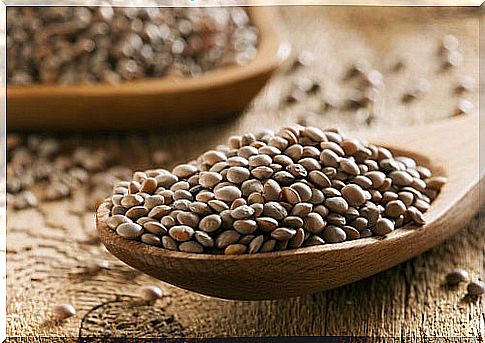
Iron is an essential mineral for our health and our body, it is an essential component for hemoglobin. Its main function is to help transport oxygen in the blood.
Symptoms of iron deficiency.
- Tiredness.
- Anemia.
- Low blood pressure
- Many colds.
- Low auto-immunity.
Iron rich foods
To incorporate iron into your diet, you can eat:
- vegetables
- nuts
- cherries, red berries, figs, and strawberries
- celery and spinach
- cockles
- sunflower seeds
- parsley
- goat milk
- lentils
- algae
7. Selenium
Selenium is a nutrient that the body needs to stay healthy. Selenium is important for reproduction, thyroid gland function, DNA production, and to protect the body against infection and damage caused by free radicals.
Symptoms of Selenium deficiency
Selenium deficiency can cause Keshan disease (a heart disease) and infertility in men. It could also cause Kashin-Beck disease, a type of arthritis that causes pain, swelling, and loss of movement in the joints.
Foods rich in selenium.
Selenium is present in:
- wheat germ
- onion, broccoli, tomatoes and mushrooms
- seafood
- dairy products
- meats
- walnuts
If you feel that you are lacking minerals, do not hesitate to change your diet to eat everything you need. Consult with your doctor and he will tell you the steps you should follow. First, a blood test will be necessary to determine the amount of minerals available in your body.
